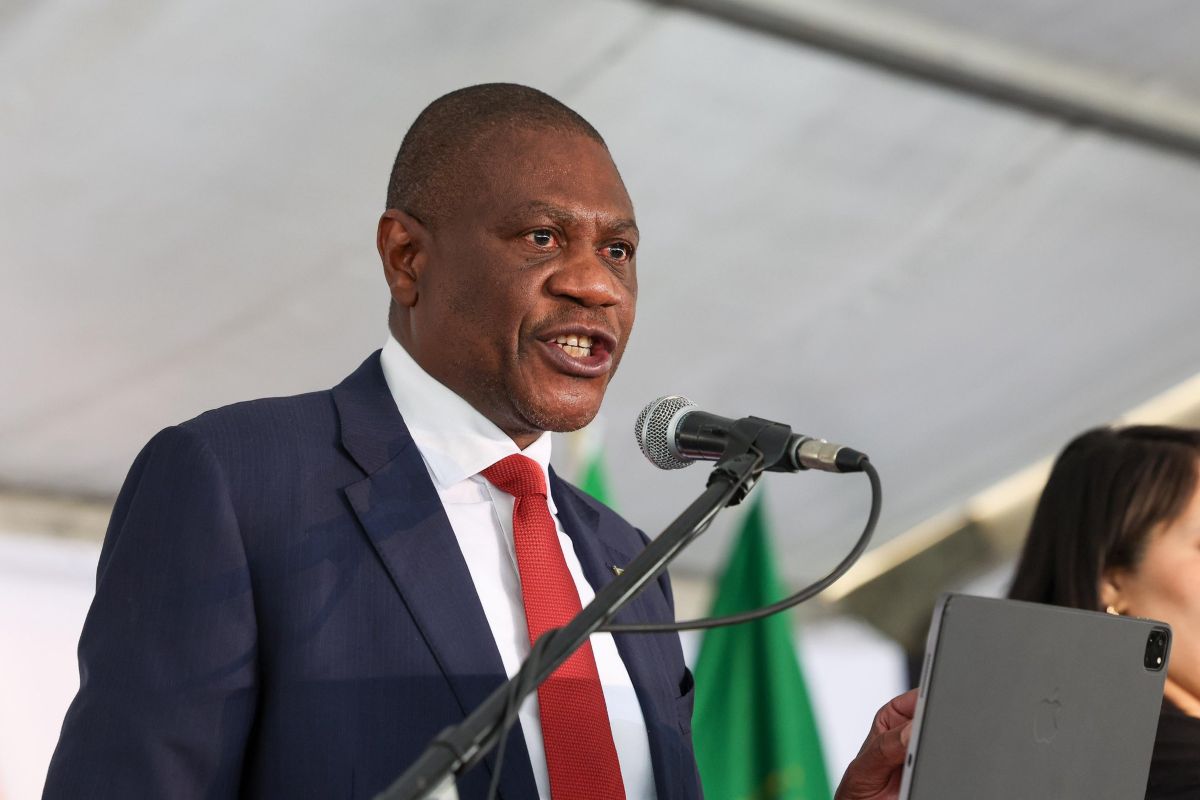
The preservation of heritage sites has been the topic of heritage day in South Africa, pointing to the neglect of museums and missed economic opportunities due to the neglect of these precious institutions.
Celebrating heritage day with the residents of Oudtshoorn Local Municipality in the Western Cape, the Deputy President of South Africa Mr Paul Mashatile told his audience that preserving heritage sites is protecting the identity and pride of the nation, not only that, but they also can provide employment and help cap crime in communities.
The Deputy President said the country has entered a new era and it has become crucial for government to re-evaluate and reinvent heritage institutions to ensure their relevance and accessibility.
He said government must emphasise the centrality of heritage in their national project to build a socially cohesive society based on democratic values, such as human dignity, equality, freedom, human rights, and civil liberties, as enshrined in the country’s Constitution.
“We are obligated to do so because our heritage embodies the very essence of our nationhood, and the resilience of a people united in their diversity. It is this unity in diversity that our cultural heritage finds expression through galleries, theatres, archives, concerts, works of art, sporting codes, storytelling, indigenous games, and museums, which form part of our shared culture.
Tata Nelson Rolihlahla Mandela (Aah Dalibhunga), twenty-eight years ago, said; “When our museums and monuments preserve the whole of our diverse heritage, when they are inviting to the public and interact with the changes all around them, then they will strengthen our attachment to human rights, mutual respect, and democracy and help prevent these ever again being violated.”” Said Mashatile.
“Museums, monuments and other heritage sites must become spaces of cultural diplomacy, inclusivity, intergenerational conversation, laboratories of creativity and incubators of opportunities for our people, particularly the youth.
We must position our heritage institutions to contribute to the government’s efforts to deal with pressing challenges of unemployment, social fragmentation, crime and corruption. This can be achieved by empowering communities to challenge dominant narratives, providing secure spaces for dialogue and critical thinking, and preserving and reinterpreting marginalised histories,” continued the Deputy President.
Mashatile told the crowd that heritage institutions may create a sense of collective memory, inspire resilience, and find new ways to solve current social challenges by adopting participatory approaches and focusing on people’s resilience and lived experiences.
He further urged the residents to work together in fighting crime, racism, tribalism, Gender-Based Violence and Femicide, including other anomalies that serve as a hindrance to the country’s progress.





